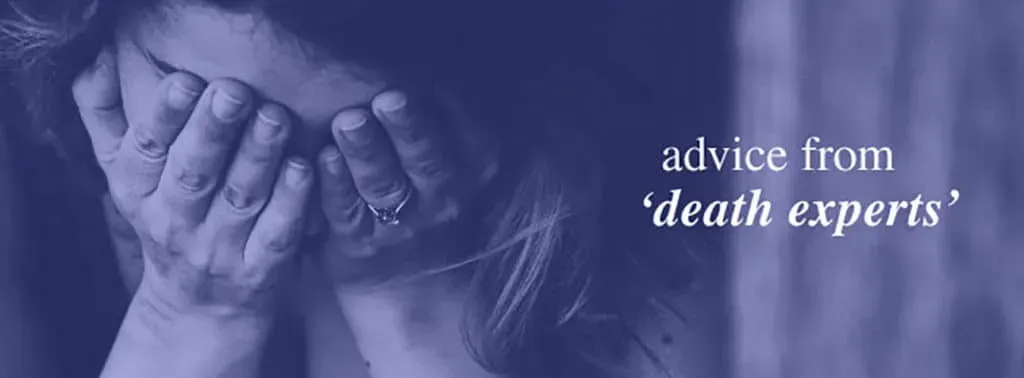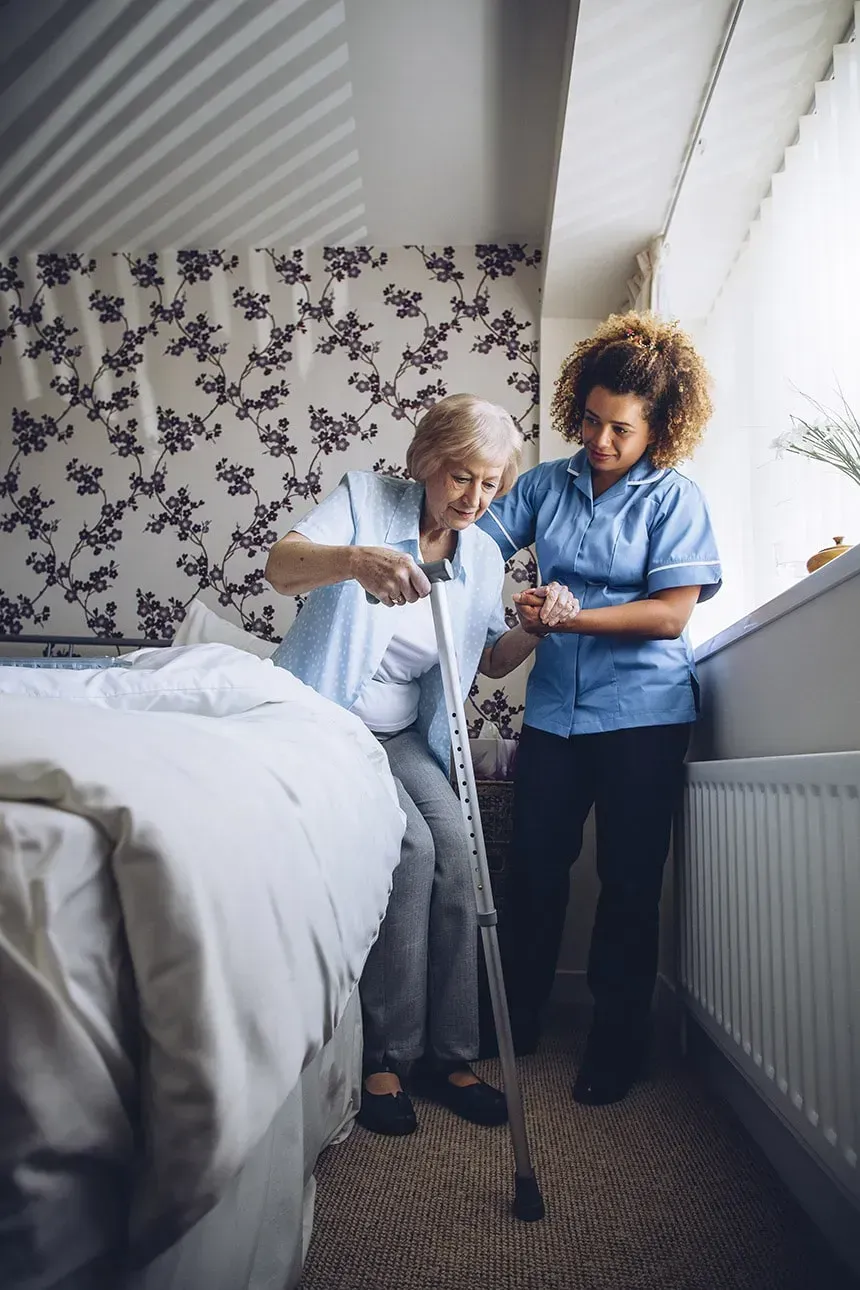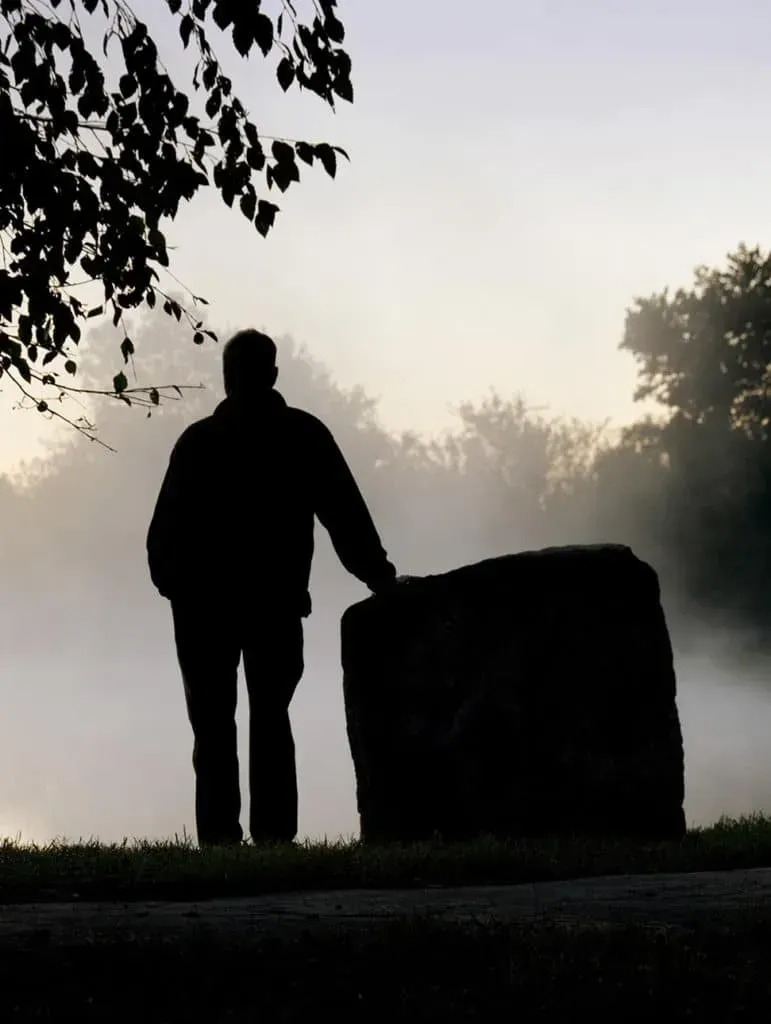Tips on Coping with Loss: Advice from ‘Death Experts’

Losing a loved one is an overwhelming experience. This tragic event unfortunately affects all of us at one time or another, but some people have more exposure to grief and loss due to the nature of their work. Hospice caregivers, healthcare professionals, and funeral directors often get “on the job” training on how to deal with death and dying – “death experts” some might say. As a result, they often possess useful insights on how to cope with loss based on their intimate knowledge of end-of-life events.
Hospice Caregivers
Hospice care provides physical, emotional, and spiritual support to terminally-ill patients in their final phase of life. Hospice caregivers are a special breed of people – they offer essential medical care to patients with end-stage disease and counsel families facing the impending loss of their loved one, yet still maintain a high level of professionalism in the wake of sadness and grief.
Seeing death on a daily basis is not easy, but hospice personnel remain fully committed to their work. Those who work in hospice don’t deny the fact that patients will die, and recommend that family members need to accept death honestly. Dr. Kevin Dieter, an associate medical director at Hospice of the Western Reserve, says hospice care has taught him the importance of not holding grudges. “At the end of life, there’s not a lot of fixing you can do,” Dieter says. To cope with loss, hospice workers encourage family members to make peace with loved ones while they still can, find healthy ways to process grief, and seek joy in the moments of everyday life.
Healthcare Professionals
Like hospice, death is inevitable in the field of medicine. Doctors, nurses, and other healthcare professionals deal with the challenges of grief and loss regularly, and many receive training on how to manage the sadness that comes with losing patients despite their best efforts.
Healthcare workers understand that trying to rationalize grief is unrealistic, and it’s perfectly okay to feel angry, confused, disappointed, or depressed. Whatever emotions one feels after a death are acceptable and people should be allowed to grieve in their own time and in their own way. Nurses find that talking about loss with other co-workers can help them process their feelings more effectively while continuing to provide care to patients. Doctors also say they cope with loss by openly sharing their experiences with other doctors and making use of counseling services to deal with negative emotions from grief.













